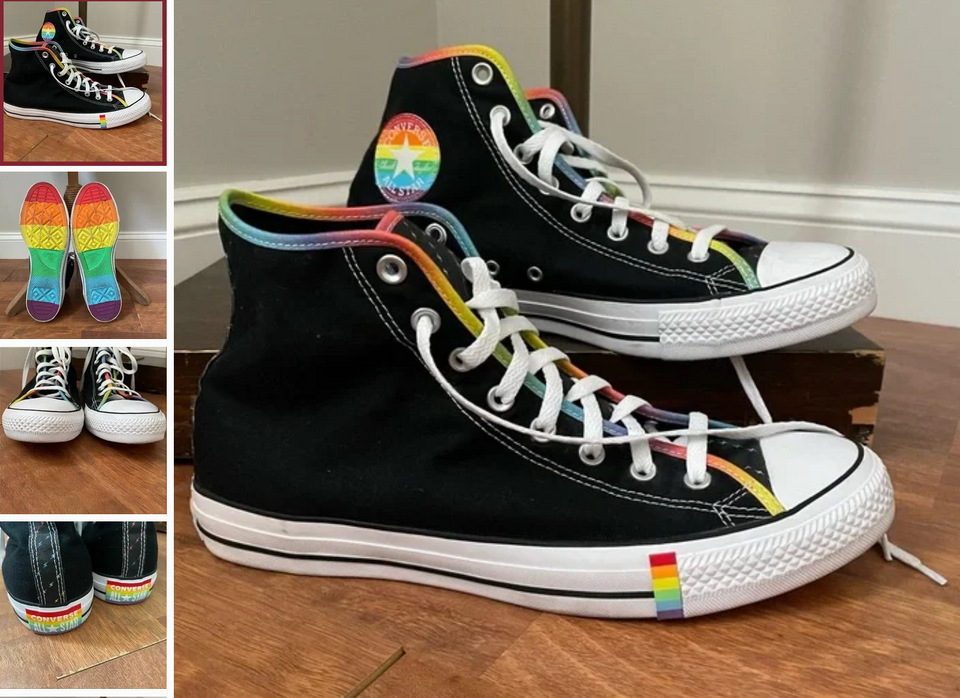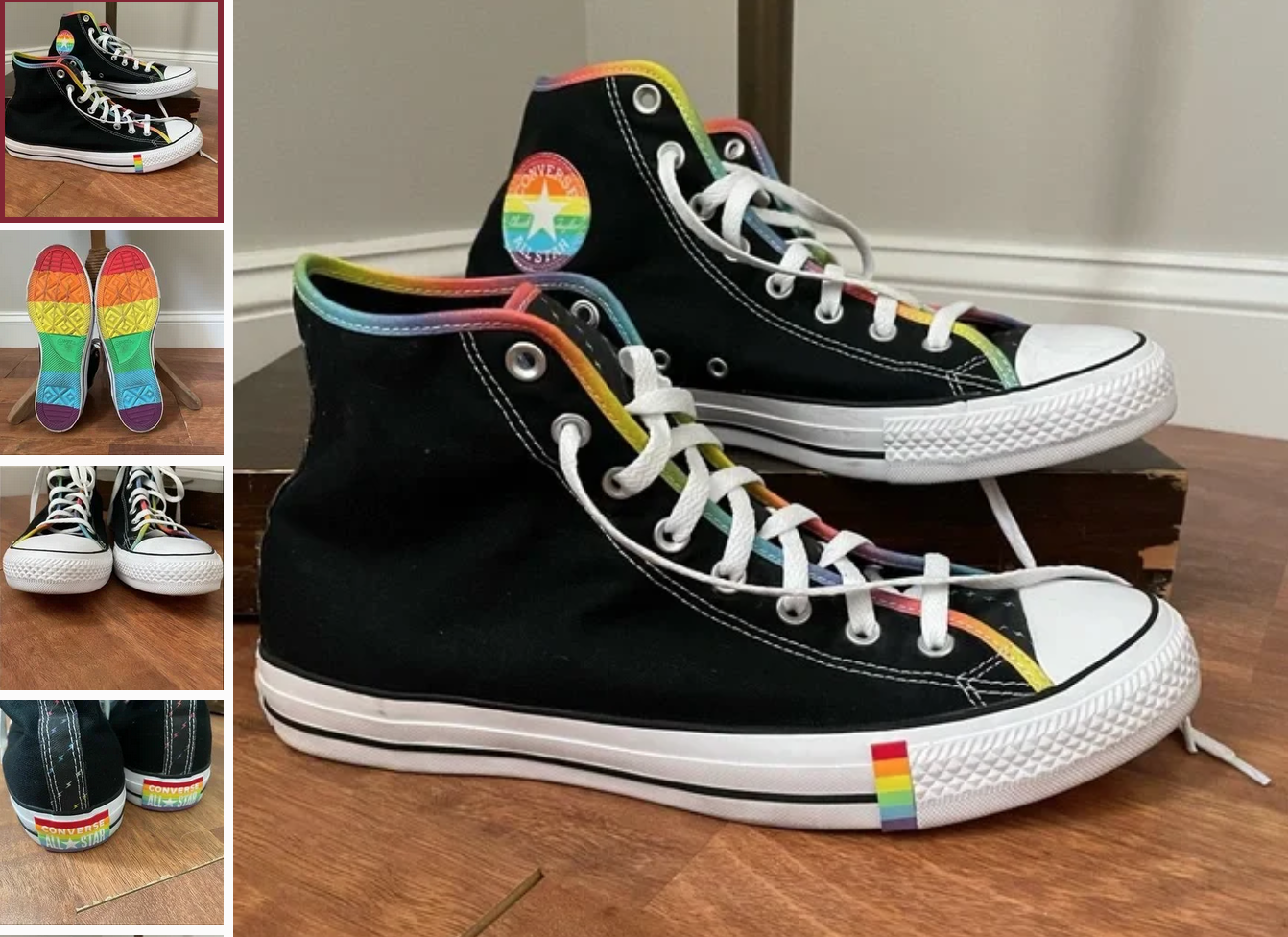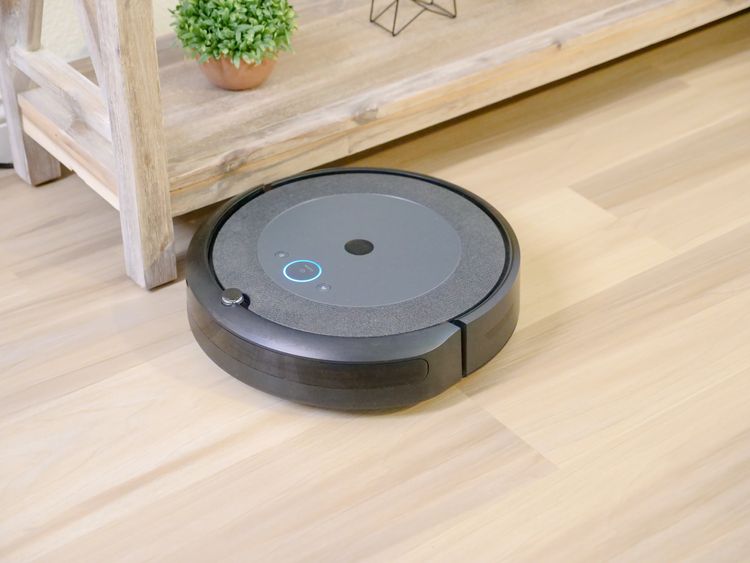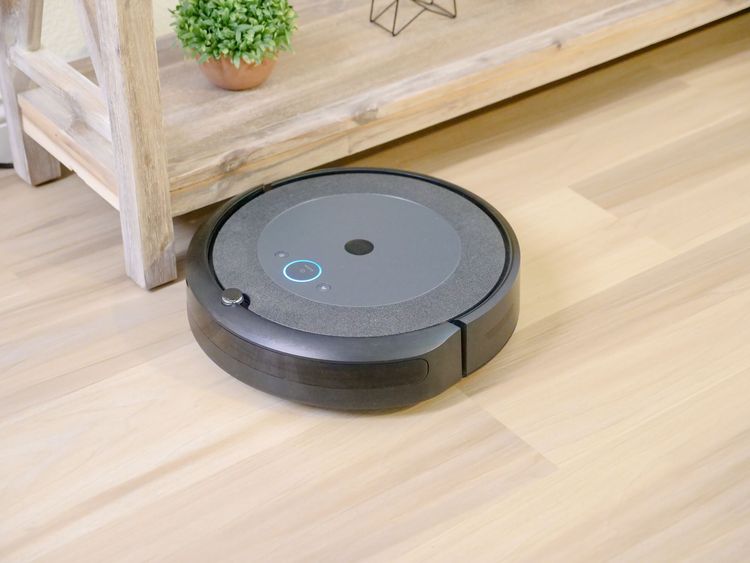🦀 PT Crab Issue 97 - This Is Your Brain on Pain

This week, we’re talking about an excellent umbrella review from JOSPT that goes deep into what it’s like to be in MSK pain. It’s also the beginning of Pride Month, to which end I’ll be wearing these sneakers to clinic tomorrow, since they just arrived in the mail today.

And I’m starting the “Best Things I Read This Week” section early with this piece from Vox about the history of Pride Month and how police brutality at the Stonewall Inn started the history of Pride in the United States, and this amazing Drunk History piece about the Stonewall riots.
PT Crab supporters who have signed up to help keep this going for just $5 per month also received two more articles this week (like every week) one about a new test for geriatric function and another about the PSFS and whether it’s actually good. Become a supporter here.
Also this week, it’s the first week of summer clinical at VCU and it ain’t half bad so far.
With that, let’s dive in!
Your life with MSK Pain
The Gist - This excellent umbrella review from JOSPT goes into qualitative information on what it’s like to live with MSK pain. They “aimed to summarize qualitative research syntheses to explore (1) the emotions, cognitions, and behaviors of people with musculoskeletal disorders related to their symptoms and (2) the emotions, cognitions, and behaviors that emerge when people interact with their environment (family, social, and work roles).” And boy did they ever.
They included systematic reviews or meta-summaries of qualitative research related to “emotions, cognitions, and behaviors that emerged from the MSK symptoms or the interactions of people with MSK disorders with the environment.” They excluded a few different things, but the one most of interest is data from participants who were scheduled for surgery or post-surgery. These are all non-surgical folks. After a ton of interesting data work, they categorized things by emotions, 3 specific ones. Fear, despair, and distress. And multiple other themes, including cognitive strategies to manage symptoms, activity avoidance, fighting the symptoms, and support/being a burden.
Overall, the review showed that people with chronic pain or RA have emotional challenges and often experience negative emotions like distress, despair, and fear about their futures. Their work shows that those with these disorders “perceive their pain as an essential symptom” and use words like “incurable, invisible, omnipresent, unbearable, and unpredictable” to describe suffering from it.
Tell Me More - So what can clinicians do? Fortunately, the researchers discuss this as well and they’re things that we have heard before.
Health care providers might consider using strategies aimed at fostering adherence and reducing escape behaviors. Self-efficacy is an essential factor for promoting adherence toward healthy behaviors that improve the practice of exercise in people with low back and neck pain. Self-efficacy has received the most empirical attention in chronic disorders. One approach is to help people feel confident to set goals and self-monitor/evaluate. Combining psychosocial interventions and exercise therapy is likely the best approach to improve pain self-efficacy in individuals with chronic musculoskeletal pain.
The overall effect of the review is to draw out the emotional themes involved with chronic pain and add recommendations to dealing with them. They recommend assessment of emotions other than pain related fear (like distress and despair), observation of how patients perceive their symptoms, how their self-worth is involved, their specific cognitive strategies, and whether people choose passive or active methods to cope with their conditions. Very often, people use passive methods (which the researchers define as social isolation) to deal with their pain. As we know, this isolation can often make pain worse, so addressing that can be a huge part of the process.
Paper? It’s 121 pages, but sure! 17 pages of content and 104 pages of appendices. This is a beast.
And that’s our week! Thanks again for considering being a supporter (please do, I need you!) please do spread the word with colleagues and friends. PT Crab doesn’t advertise, we just grow by word of mouth, so we need your mouth. Bye!






Comments
Want to leave a comment and discuss this with your fellow PTs? Join PT Crab and get summarized PT research in your inbox, every week.